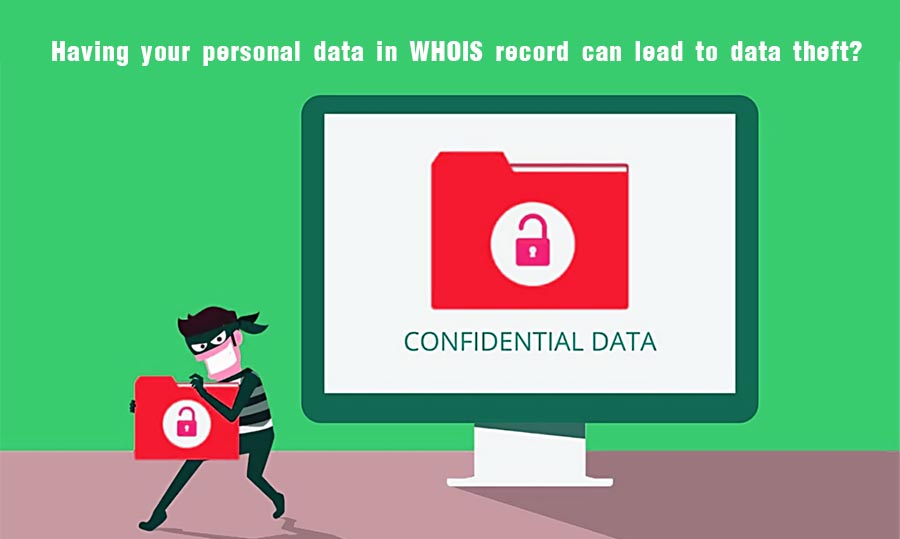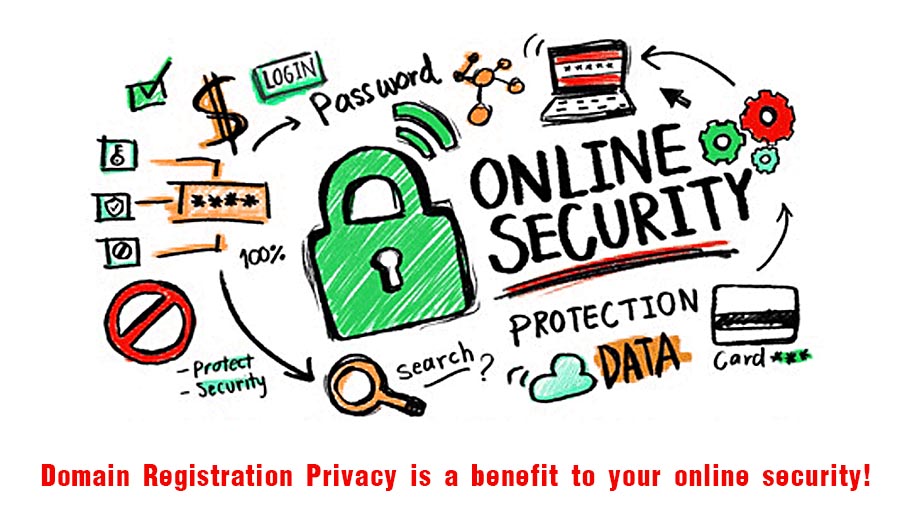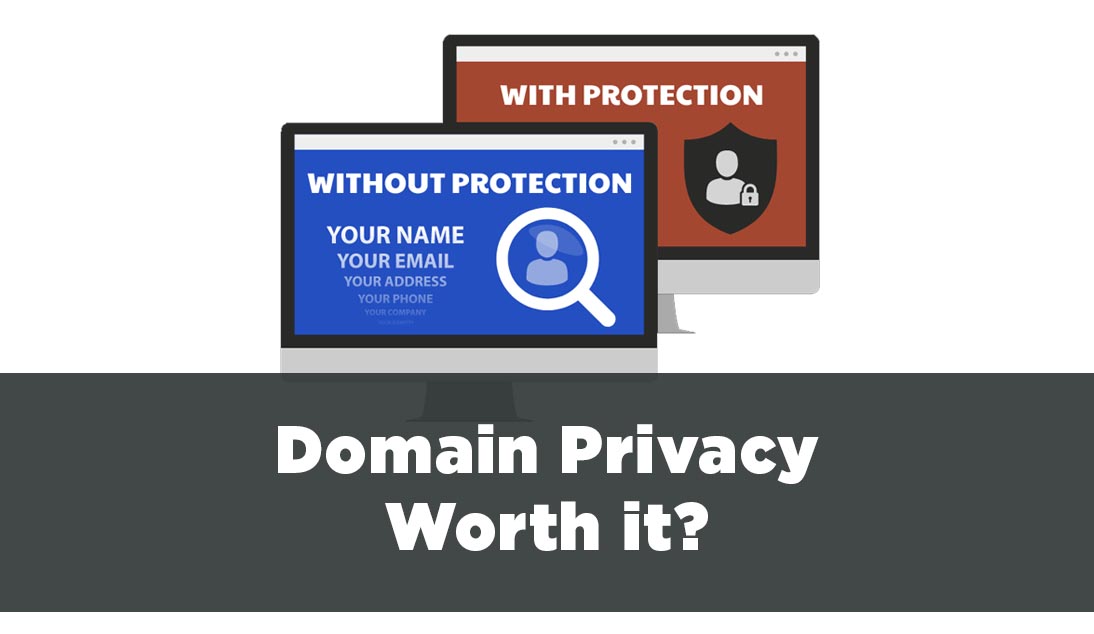Relatively recent enforcement of GDPR in Europe has made domain privacy a hot topic, while some domain owners reported actual abuse of domain name ownership masking by a large domain registrar.
That is why we want to discuss what means privacy protection for a domain, do you need it and in the bottom line is it worth it?
Table of Contents
What is domain privacy protection?
We need to make clear what domain privacy is, but in order to do that first, we need to understand the domain registration process with the current domain name system (DNS).
Every time a customer registers a domain name with a domain registrar company, the domain registrar will communicate the domain purchase with ICANN and they will enter domain owner information into WHOIS record associated with that domain name.
All domain names have a WHOIS record, that goes into a database of all the registered domains with all of the registrant information such as address and contact details associated with a domain.
Now, when a customer registers a domain name while opting for domain privacy as additional service tied to that domain name, the registrar will “mask” the owner by entering its own information into the WHOIS record.

We can conclude that depending on the domain registrar, domain privacy is a paid or free service included with the domain registration, aimed to conceal domain owner identity.
Do you need domain privacy?
The question do you need domain privacy should be asked before you make the domain registration as with some domain registrars it can save you a bit of money for a paid service.
The answer to this question depends on a few factors. If you need your domain purchase to stay anonymous, then, by all means, you should opt for domain privacy.
However, if you purchased a domain name so you can resell it later, then you should not want or need domain privacy because you want interested parties to contact you and negotiate offers for domain ownership transfer.
In order to truly understand why you would need domain privacy, you need to realize this service is aimed to protect your important personal information from becoming available online to everyone on the Internet.
The reason why the WHOIS record shows all your information is that ICANN believes in giving internet users the ability to validate the credibility of a website and identify who it is owned by.
For example, WHOIS can show that your company is the owner of the domain name it is using for a particular website, giving that website the necessary credibility needed by your customers.

On the other hand, WHOIS records can expose your personal information to the Internet, and you may become a victim of spam, junk calls or emails.
After you enable Domain Privacy Protection, your data is hidden from unwanted solicitors and domain hijackers.
GDPR enforces privacy protection in EU and domain privacy abuse
The General Data Protection Regulation (2016/679) is a regulation in EU law on data protection and privacy for all individual citizens of the European Union and the European Economic Area.
What this means is that any EU-based domain registrar is obligated to keep your personal and/or sensitive information protected, which in turn enables a domain registrar to automatically enter its own information in the WHOIS record instead of yours.
The main caveat to this law practice is that by ICANN interpretation the owner of the domain name is a person or entity with its information in the WHOIS record, which may lead to abuse.
Domain Privacy Abuse
A recent community report discussed how domain ownership was abused by a large domain registrar who sold its customers domains through an auction, for a significant sum of money.
The original domain name owner did appeal to ICANN but it seems they could not help because of one particular reason – the WHOIS record listed the domain registrar as the owner of the domain name.
It is clear that the domain registrar in question abused the domain privacy provided to his customer, in order to make a profit.
Is domain privacy worth it?
Yes, domain privacy can provide benefits by safeguarding your personal or company information and stop unwanted contact, but in the eyes of ICANN, as the above-described case, it can also lead to domain ownership loss.
The final verdict for domain privacy worth must be made by you, though we would recommend that if you decide you want domain privacy, then keep your own record of domain name purchase along with domain privacy service purchase and confirmation emails in case of dispute over domain ownership.
